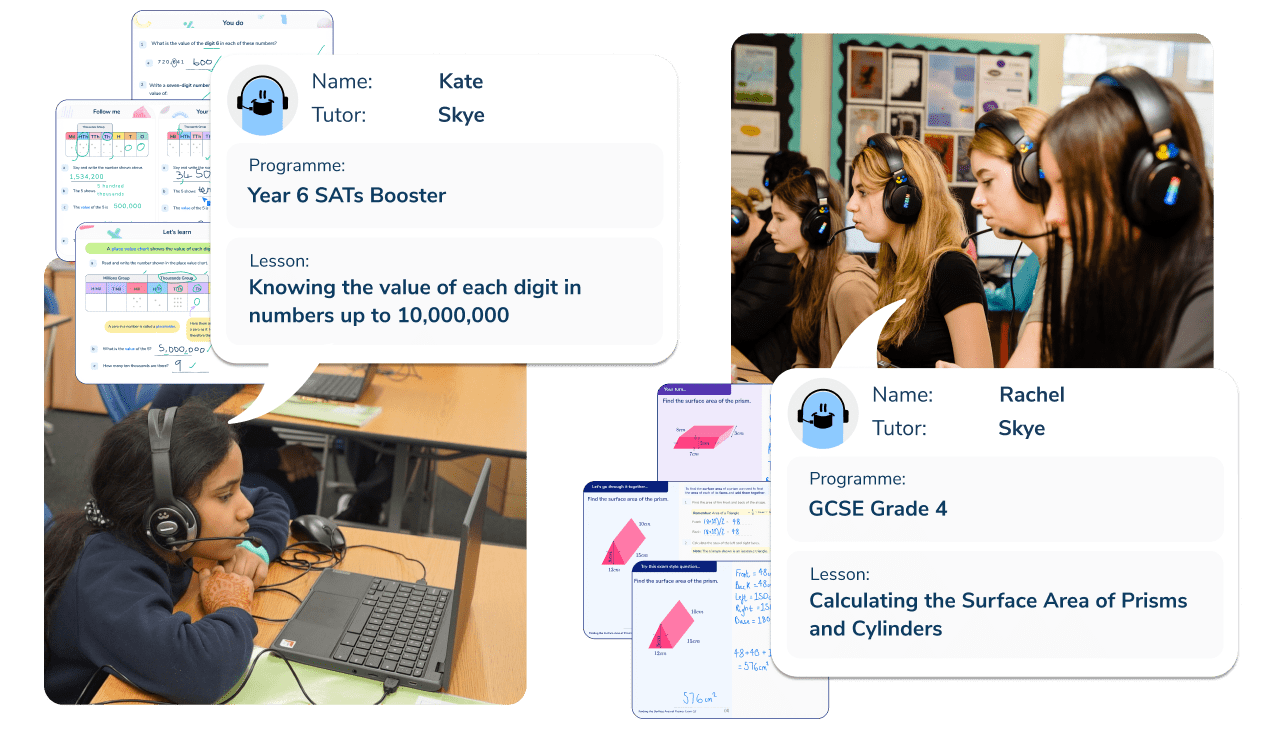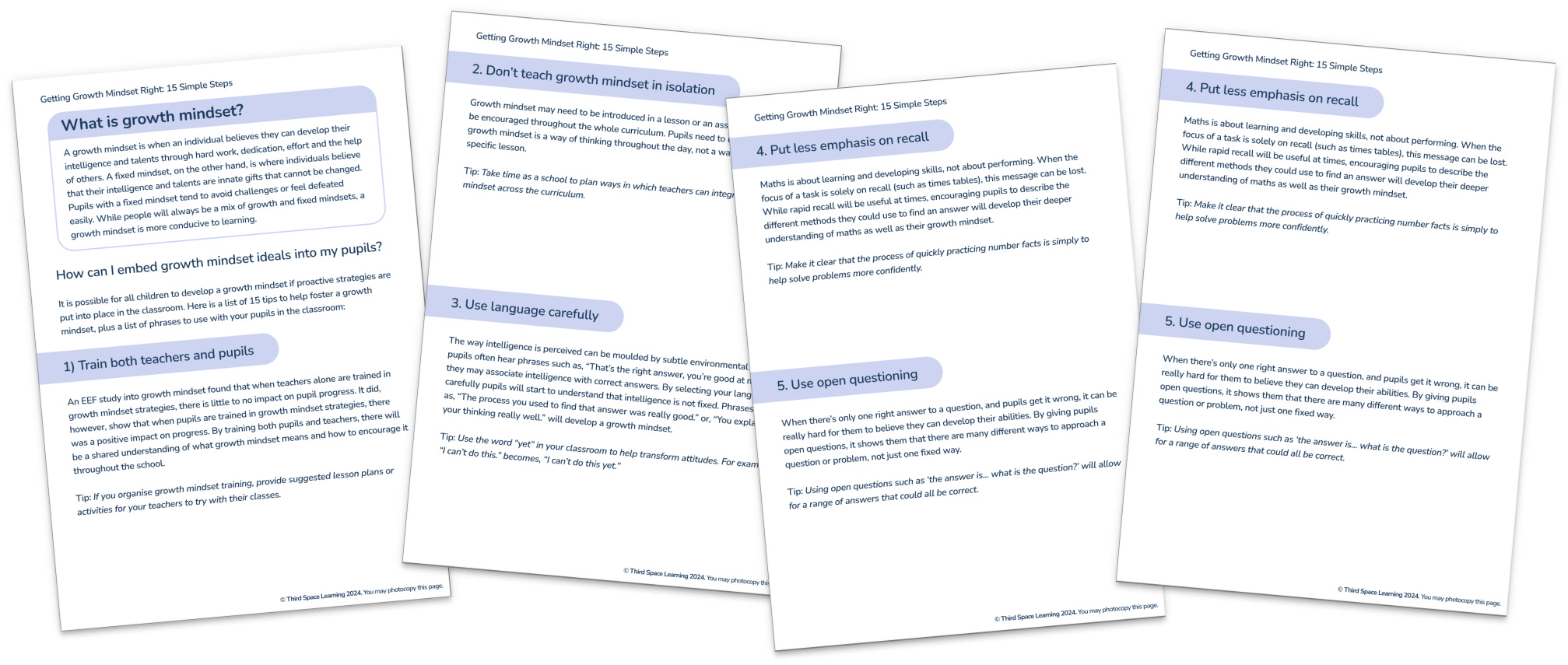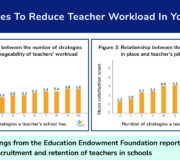The Power of ‘Sorry’ – School Leaders Who Dare to Apologise
An honest account of the fears of, and benefits to, saying sorry in a position of school leadership. From Headteacher and TES blogger, @OldPrimaryHead1.
“What else should I be, all apologies”, Nirvana
We are never far away from our next mistake. Over the years I have learnt one crucial thing. How you deal with a mistake – rather than the mistake itself – is the most important element of school leadership.
From little hiccups to catastrophic blunders, our “post-mistake” reaction is key to moving forward and, most importantly, learning from it.
Confronting and problem solving is a massive part of what a school leader needs to do. Yet, this is not a natural process. In fact, many of us spend much of our private life trying to avoid conflict, embarrassment and emotional pain.
The problem is, especially in school leadership, it is very hard to be right most of the time. As leaders, we have to face our mistakes, face difficulties, and live through them. How else could we develop an understanding of what we have done, and how to avoid similar issues in the future?
To be good school leaders, who are knowledgeable enough to go out of our way to avoid mistakes, we have to learn from the ones we have made. That also means we have to admit to the ones we have made. Therefore, we need to learn a few simple words:
I am sorry
This approach of simply saying sorry is something I would love to see more of in education.
Though the most important element of making a mistake is moving on; great leadership still knows when to say “I am sorry”, and really mean it. After all, it is only through an apology that we often find common ground and a will to change.

Meet Skye, the voice-based AI tutor making maths success possible for every student.
Built by teachers and maths experts, Skye uses the same pedagogy, curriculum and lesson structure as our traditional tutoring.
But, with more flexibility and a lower cost, schools can scale online maths tutoring to support every student who needs it.
Watch Skye in actionThe key to apologising “well”
Of course, apologising for a genuine mistake is easier than apologising for a perceived one. Therefore, when we apologise, our personal perception of what we are doing is vital.
If we believe we are doing the right things and others disagree, then saying a genuine sorry is almost impossible. The problem is that we must first admit that we made a mistake.
Getting Growth Mindset Right - 15 Simple Steps for Primary Teachers and Leaders
Everything you need to embed growth mindset culture in your primary school, includes free poster and top recommended reading list
Download Free Now!Saying sorry is hard, but admitting you were wrong can be even harder. Saying sorry means you admit you are wrong; that you had not foreseen one of the many implications your decision has brought about.
Why leaders might be scared to say “sorry”
This, perhaps, is why school leaders are more hesitant than others to use the word sorry.
In today’s society (where public shaming is not too far away) admitting mistakes is harder than ever. This is especially true of social media where a flock of opinions can descend in to frenzy in moments and control is taken away.
There is a sense of terror when facing up to our mistakes. It takes real courage and, in positions of power, this is particularly difficult. By admitting your mistakes, or saying sorry, you could very quickly seem to be uninformed. Or worse – powerless to implement the changes needed.
I believe that facing up to this is at the crux of the leadership journey for so many school leaders. Despite how scary it may seem.
As a headteacher, I walk a very thin line when I display my vulnerabilities. There is little distance between being a good, secure and balanced head teacher and an emotional liability.
This is true of any leadership. For people in positions of power, “sorry” could open the floodgates. It could make you an easy target. Admitting you are wrong could bare the backside for a ritual kicking.
Therefore, the challenge is often – how do we admit we are wrong and say “sorry” whilst keeping our dignity and staying focused upon our core purpose?
Be empathetic, say sorry, and mean it
There is one small phrase in Jon Ronson’s brilliant, “So You’ve Been Publicly Shamed” that keeps swirling around my brain, “the cure for shame is empathy”.
It is scary how quickly one mistake can snowball into a wall of collective outrage where ‘sorry’ is just another wound to tear at. If only we showed more empathy as we vent our so called justified outrage.
I have said sorry many times as a head teacher, because I have made many mistakes.
I once bought a child’s parent into school to talk about the impact their domestic arguments were having on their child…only to realise halfway through I had the wrong parents! I have lost my temper with members of staff, parents and children when I should have known better. I have forgotten and been late to meetings, left a laptop on the tube and made promises that I have had to break.
Every time I have said sorry and on every occasion I have meant it. It is only human to err.
I have also been urged, told and ordered to say sorry when I believed I did not need to. This is the hardest thing to do and on a few occasions I have refused.
This involved much soul searching and planning. I try to work out if saying sorry – even when believing I am right – is the best way forward. It is through the mantle of the leader we do this.
If it saves me hours, gets the job done and it is only my pride that has taken a beating…then on occasion I will do this. Despite what I may believe deep down.
In leadership we serve others, not ourselves and being strategic is often about using whatever resources you have to get the job done. I have found that saying sorry is one of the most powerful means to do this.
For more from Brian on leadership, read his next post: Confessions of a Primary Headteacher – The Secret to School Leadership.
DO YOU HAVE STUDENTS WHO NEED MORE SUPPORT IN MATHS?
Skye – our AI maths tutor built by teachers – gives students personalised one-to-one lessons that address learning gaps and build confidence.
Since 2013 we’ve taught over 2 million hours of maths lessons to more than 170,000 students to help them become fluent, able mathematicians.
Explore our AI maths tutoring or find out about one to one tuition for your school.







